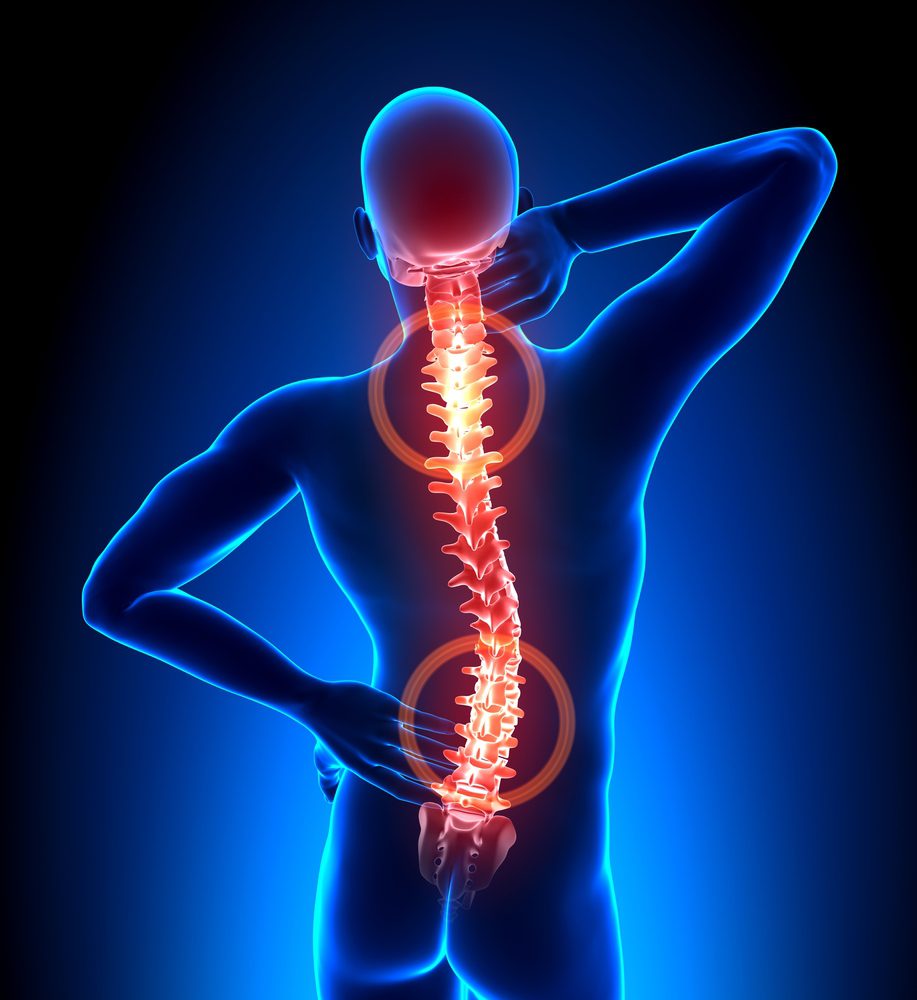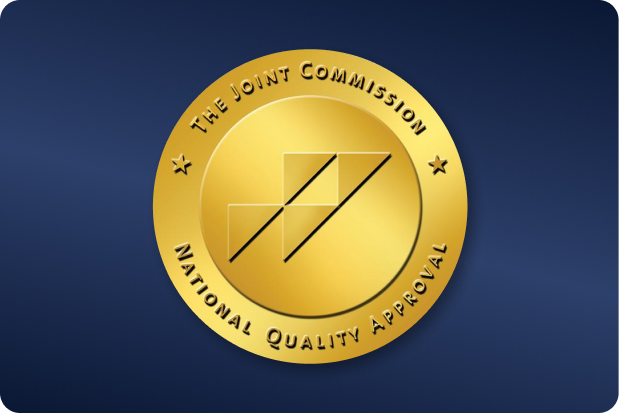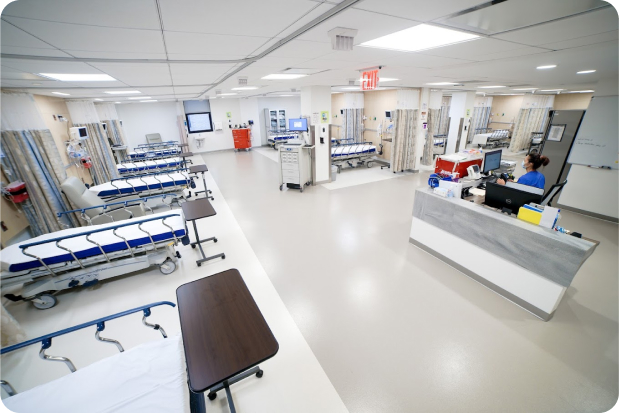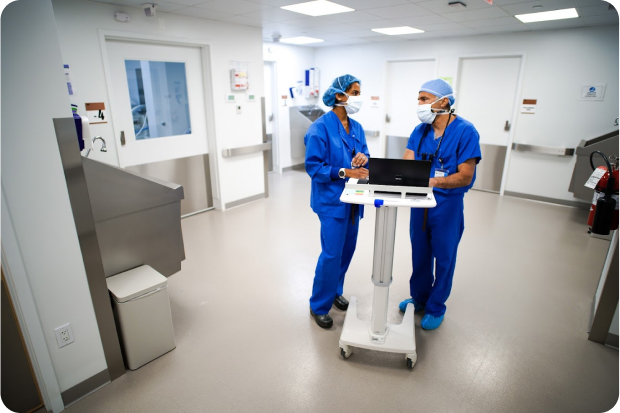 OUR LOCATIONSCall to book (212) 604-1300
OUR LOCATIONSCall to book (212) 604-1300
 OUR LOCATIONSCall to book (212) 604-1300
OUR LOCATIONSCall to book (212) 604-1300

Trying to separate the truth from the countless stories surrounding chiropractic trouble can be a real pain in the neck. Everyone seems to have their own diagnosis whenever your back starts to ache, but believing everything you hear may just lead to more trouble. Before you take your brother-in-law’s advice about that stabbing sensation below your shoulders, read through these overly repeated myths and prepare to defend yourself against uninformed allegations.
Staying in Bed
While it is true that resting can give your body the opportunity to relax and recuperate, back pain can be a tricky problem. Often times the issue lies in the muscles in your back being under used or stiff. Staying in bed for a prolonged period of time may grant temporary relief, but lingering too long might cause the pain to become worse. When you feel capable, try stretching your back very little from time to time to limber up the muscles.
Lifting Heavy Objects
While lifting weighty things can be a dangerous past time, what determines how much of a part it plays in your back pain depends on how you lift. Twisting or turning while lifting something heavy can cause unwanted tearing of the muscles in your back which can lead to serious injury. Also, ensure that you are lifting with your legs whenever possible instead of depending on your back to do the work. The legs are used to hauling around the combined mass of your body, and are much sturdier than your spine.
Your Mattress is to Blame
It makes sense to assume that the place where you spend most of your time lying down should be a primary suspect in back related trouble. However, NYC back pain specialists have found that several variables pull the blame away from the mattress as a specific cause. Assuming your mattress is in good condition, it may have more to do with the position in which you sleep. While many suggest that firmer mattresses are always better, the truth is that different bodies respond to different levels of firmness better.
Your best-rated back pain doctors in NYC and NJ or northern New Jersey will discuss your risks in detail before, during, and after treatment.






